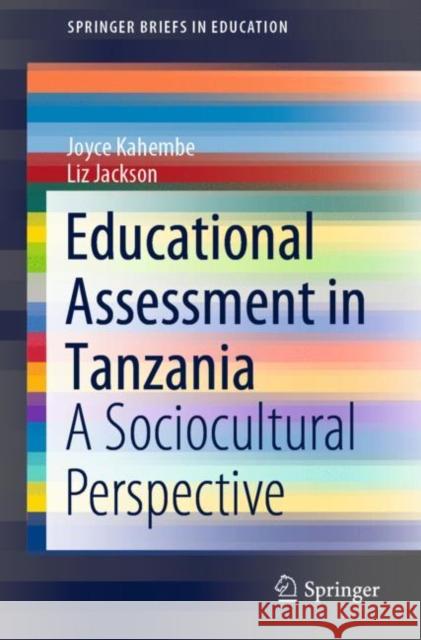Educational Assessment in Tanzania: A Sociocultural Perspective » książka
topmenu
Educational Assessment in Tanzania: A Sociocultural Perspective
ISBN-13: 9789811599910 / Angielski / Miękka / 2020 / 95 str.
Kategorie:
Kategorie BISAC:
Wydawca:
Springer
Seria wydawnicza:
Język:
Angielski
ISBN-13:
9789811599910
Rok wydania:
2020
Wydanie:
2020
Numer serii:
000418478
Ilość stron:
95
Waga:
0.16 kg
Wymiary:
23.39 x 15.6 x 0.56
Oprawa:
Miękka
Wolumenów:
01
Dodatkowe informacje:
Wydanie ilustrowane











